International
Political Economy
Analyze international relations while having
an awareness of the interaction between politics and economics
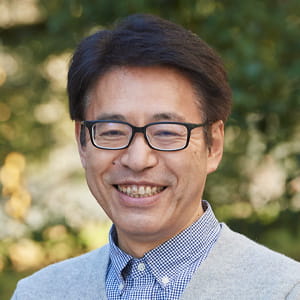
NAKATO SachioProfessor, College of International Relations
If you look at politics and economics separately,
there will be things you will not see.
What is international political economy?
Nakato It is a field that tries to understand events in international relations while being aware of the interaction between politics and economics.
In recent years, the term “economic security” has become a commonly heard word in Japan, and a role has been established for a cabinet minister in charge of that field. It has come to be recognized that the consideration of security and economics as separate issues is inappropriate.
Some politicians use economic means to achieve political ends. Things that cannot be understood by looking only at politics or only at economics can be seen from the perspective of international political economy.
Take, for example, the relationship between the United States and China. Focusing only on politics, the two countries are at odds as hegemonic powers. But from an economic perspective, the United States and China have a mutually beneficial and dependent relationship. International political economy considers this kind of interaction between politics and economics.
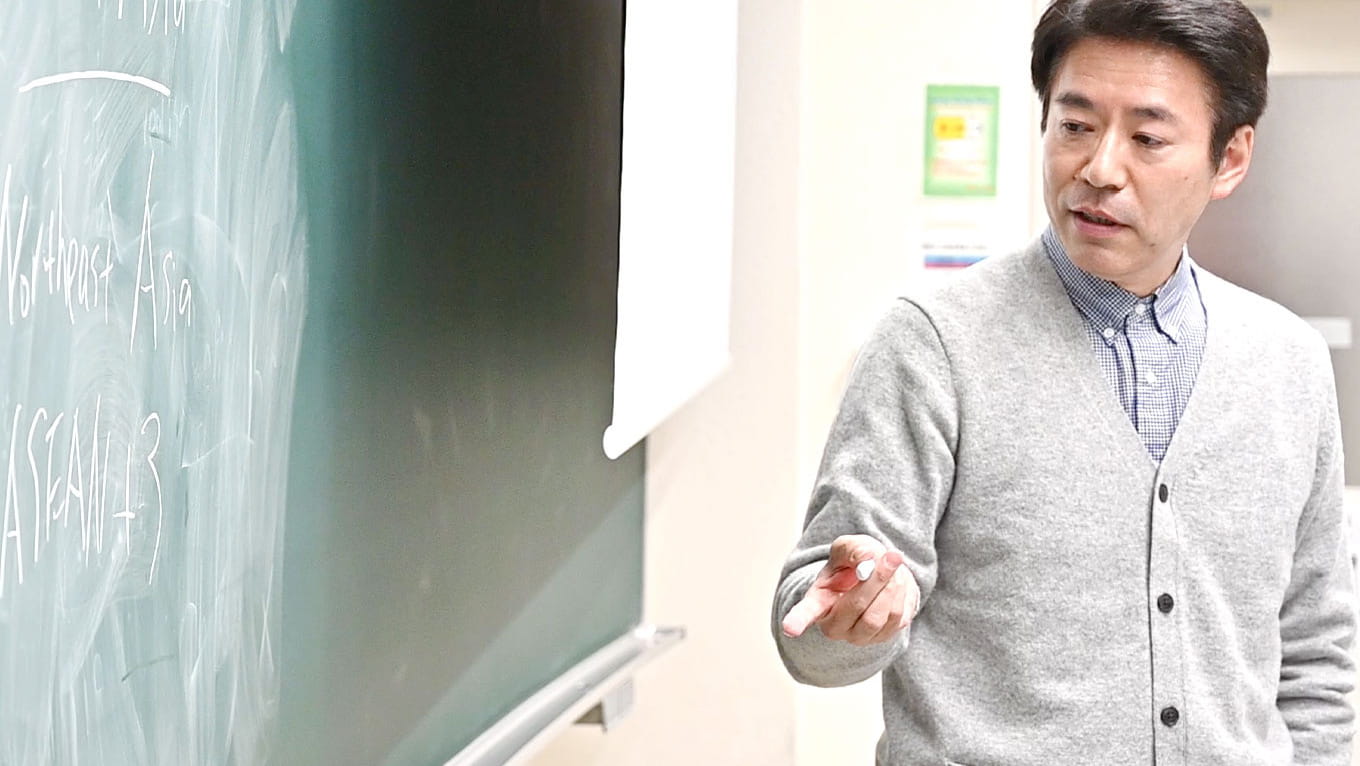
It is important to explain the events occurring
in the international community from an objective perspective rather
than the perspective of one’s own country.
What kind of research do you do?
Nakato My research aims to clarify the factors that cause various occurrences in the international community using the theories of international political economy and international relations. In doing so, rather than looking at situations from the viewpoint of a particular country, it is important to take a step back, and look at the big picture, and explain it objectively.
For example, take a look at the issue of North Korea’s nuclear and missile development. The repeated missile tests and ever-advancing technology are naturally seen as “dangerous” and even “outrageous!” from the Japanese perspective. But my research involves looking at things prior to that in an attempt to analyze and identify the factors that are driving the continued missile development. It is not a question of “how to deal with the situation,” but a question of “why it occurred.”
One example of “why it occurred” is the fact that in the same time period as those missile tests, Japan, the United States, and South Korea conducted joint military exercises on an unprecedented scale in the waters near North Korea. In other words, we can see that North Korea’s missile development is also being driven by interactions with Japan, the United States, and South Korea. If we start with the question of how to respond, those factors are not visible. This is what I see as the problem.
What should we focus on when we watch international news?
NakatoI think that the reason “why it occurred” needs to be put into a clearer perspective. When watching news regarding the international community, I think it is important for those on the receiving end to take a step back and consider the logic of the country that they think is the problem and ask, “Why are they doing this?”
This also applies to human relationships. We tend to judge the actions and thoughts of others based on our own values. Try considering why people who live by values different from your own think and act the way they do. Do your best to try to understand them based on their logic. By doing this, I think a slightly different world will come into view.
The actors behind the construction of international relations are human beings. I believe that by attempting to understand people with values different from your own, the peace you create in your own heart will contribute to world peace.
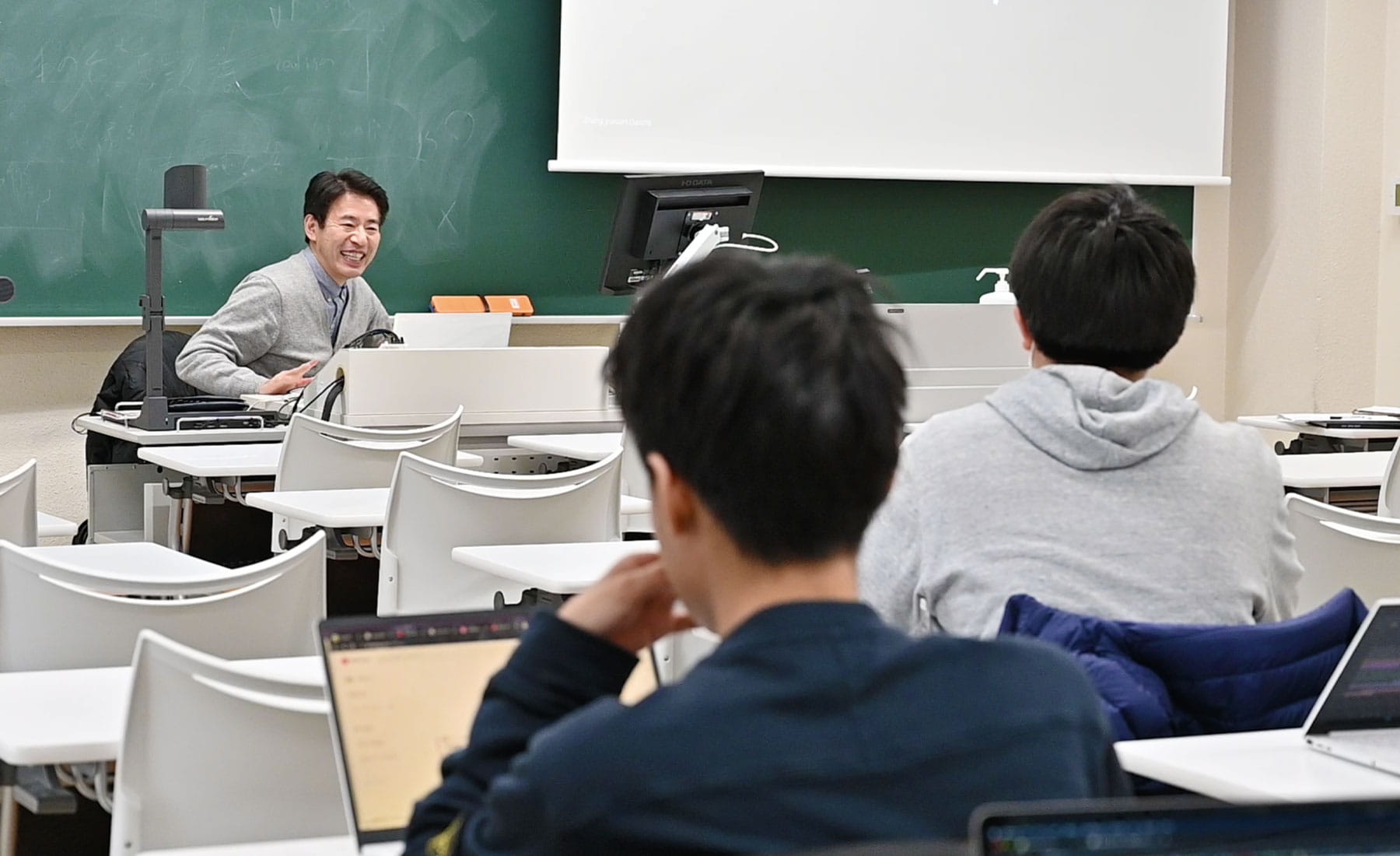
It is also important to “experience for yourself”
by comparing the theories you have learned with actual events.
What kinds of things do you need to study to be able to, in your own way, explain occurrences in the international community?
NakatoFirst of all, it is important to thoroughly study the theories of international relations and the analytical frameworks that have accumulated over the years. Then, compare the actual events with what you have learned, and analyze. In doing so, you will begin to see the significance and value of those theories, thus deepening your perspective. You may want to disagree with what the experts say. What an expert says is just one hypothesis, so if you can come up with another hypothesis that is backed up by theories, it is evidence that you have made great strides.
It is also important to experience things yourself. We have all experienced the difference between the impression we get of something through the media and the impression we get by actually experiencing it ourselves. Right now, all the information in the media regarding Russia is about the Northern Territories and the invasion of Ukraine. But if you actually speak with Russians, you will get a glimpse of the richness of their history and culture, possibly changing your view of Russia. My hope is that you will have many such experiences. “Go there, meet them, and speak with them.” That is what is important.
A place where students of different nationalities can discuss
and discover different ways of looking at things.
Please tell us about your seminar.
NakatoCurrently, my seminar is conducted in English, and there are many GS students from abroad. About 1/3 of the students are Japanese. Students present and discuss topics related to international relations in East Asia, and they summarize things in their graduation theses.
Because there are students of many different nationalities, their views on a single subject also vary, resulting in some lively discussions. For example, when the topic is Japan-South Korea relations, the Japanese and South Korean students have conflicting opinions, but students from India and Singapore bring their own viewpoints, joining in the discussion with comments such as “We were also a colony, but we don’t feel that way about Britain. Why do you keep dwelling on the past?”
Students sometimes go on field trips to Taiwan and South Korea, where they hold joint seminars with local students. When I teach Japanese language seminars, some Japanese students are shocked to learn just how different the English skills and interests of overseas students are, but that is also a good opportunity for growth.
When you are in a homogeneous group, it is easy to internalize the dominant view of that group. Being in a place of diversity and feeling, “Oh, they’re different from me,” will help broaden your perspective and allow new things to be born. The words “diversity” and “inclusion” have been garnering attention recently, and I think that you will be able to experience what those words represent in my seminar.
For Those Interested in International Political Economy: BOOKS
関下 稔
米中政治経済論
お茶の水書房(2015年)
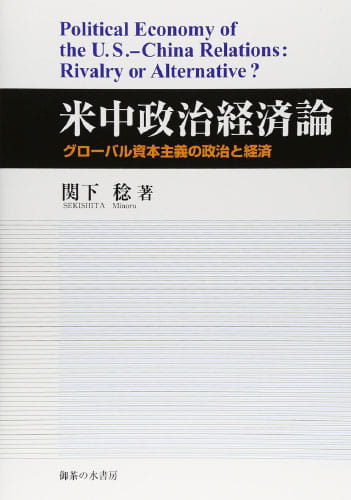
藪中 三十二
外交交渉40年 藪中三十二回顧録
ミネルヴァ書房(2021年)
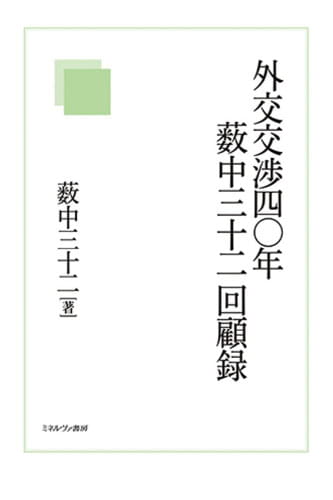
ドン・オーヴァードーファー/ロバート・カーリン
二つのコリア
共同通信社(2015年)
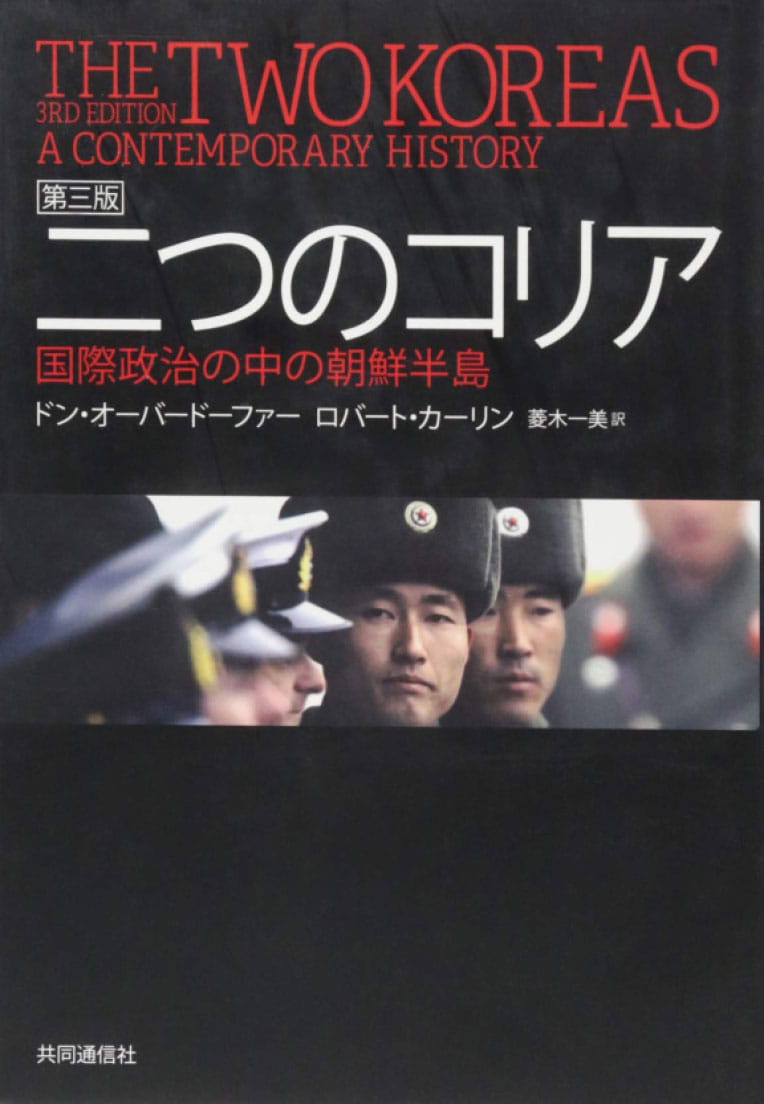
For Those Interested in International Political Economy: FILMS
ドラマ
ハウス・オブ・カード 野望の階段
2013-2018年、アメリカ合衆国